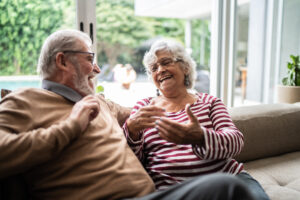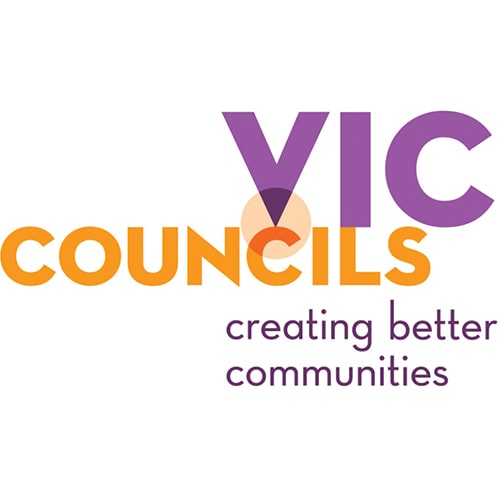State Office:
Neighbourhood Watch Victoria
Victoria Police Centre
311 Spencer Street
Docklands VIC 3008
General Enquiries: (03) 8335 6002
Media Enquiries: ceo@nhw.com.au
ABN: 41 586 657 273
Incorporation Number: A0018739R
About 4-6% of older Australians experience elder abuse and with our ageing population, even more people will be affected in the future.
Any older person can experience elder abuse – it happens to men and women from all cultural and socio-economic backgrounds and lifestyles.
Everyone deserves to be treated with dignity, respect and kindness, especially as we grow older. So, let's explore what elder abuse is, how we can spot it, and what to do if it's happening.
Elder abuse is when someone harms or takes advantage of an older person – usually someone they know and trust, like a family member, carer, friend or neighbour. Around two thirds of abusers are an adult child.
Elder abuse comes in many forms - it’s not just about physical injury; it can be include emotional harm, verbal harassment, financial loss, loss of a home or belongings or even neglect.
Elder abuse is often hidden and can be difficult to spot. An older person may not even realise what’s happening to them is abuse.
It's essential to trust your gut. If something doesn’t feel right, it might not be.
Here are some signs that can help us know if someone might be experiencing elder abuse. They may:
If you are and older person and think you're experiencing abuse or you're worried about someone you know:
If you or someone you know is experiencing elder abuse, don't hesitate. Reach out for support.
Getting help in Victoria
Seniors Rights Victoria provides free information and referrals, legal advice and legal casework on matters specifically relating to any Victorian aged 60 or over, or to any Indigenous Victoria aged 45 and over.
Visit the Senior Rights Victoria website for information, tip sheets and contacts for useful services or call their confidential helpline on 1300 368 821, (Monday to Friday 10am to 5pm). They'll listen, give advice, and can guide you on what to do next.




Neighbourhood Watch Victoria acknowledges the 38 mobs, the Traditional Custodians of the land on which we operate, live, and gather as employees and volunteers. We recognise their continuing connection to land, water and community and pay respect to Elders past, present and emerging.

At Neighbourhood Watch, we believe everyone has the right to feel safe and welcome. We are committed to ensuring diversity, inclusion and equity are embedded throughout our organisation – in the work we do, the services we deliver and among our staff, volunteers, and the communities we work with.


Neighbourhood Watch Victoria
Victoria Police Centre
311 Spencer Street
Docklands VIC 3008
General Enquiries: (03) 8335 6002
Media Enquiries: ceo@nhw.com.au
ABN: 41 586 657 273
Incorporation Number: A0018739R